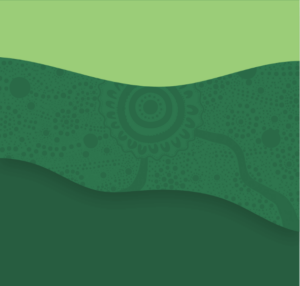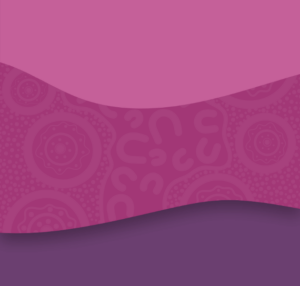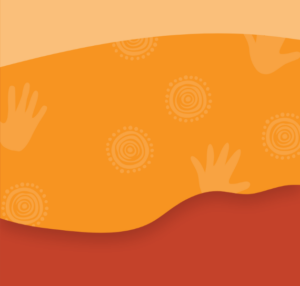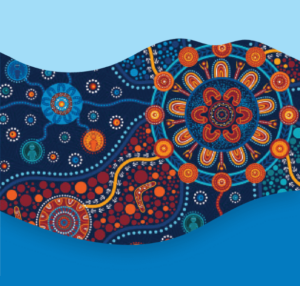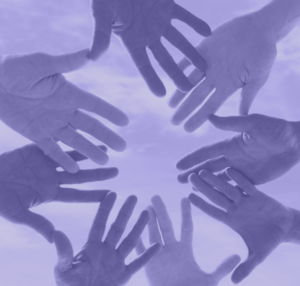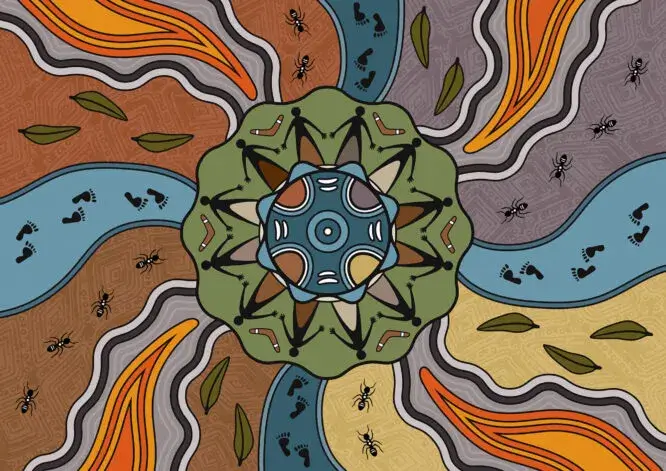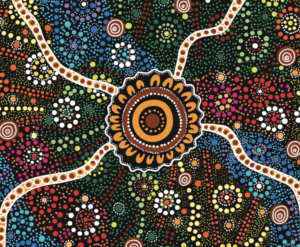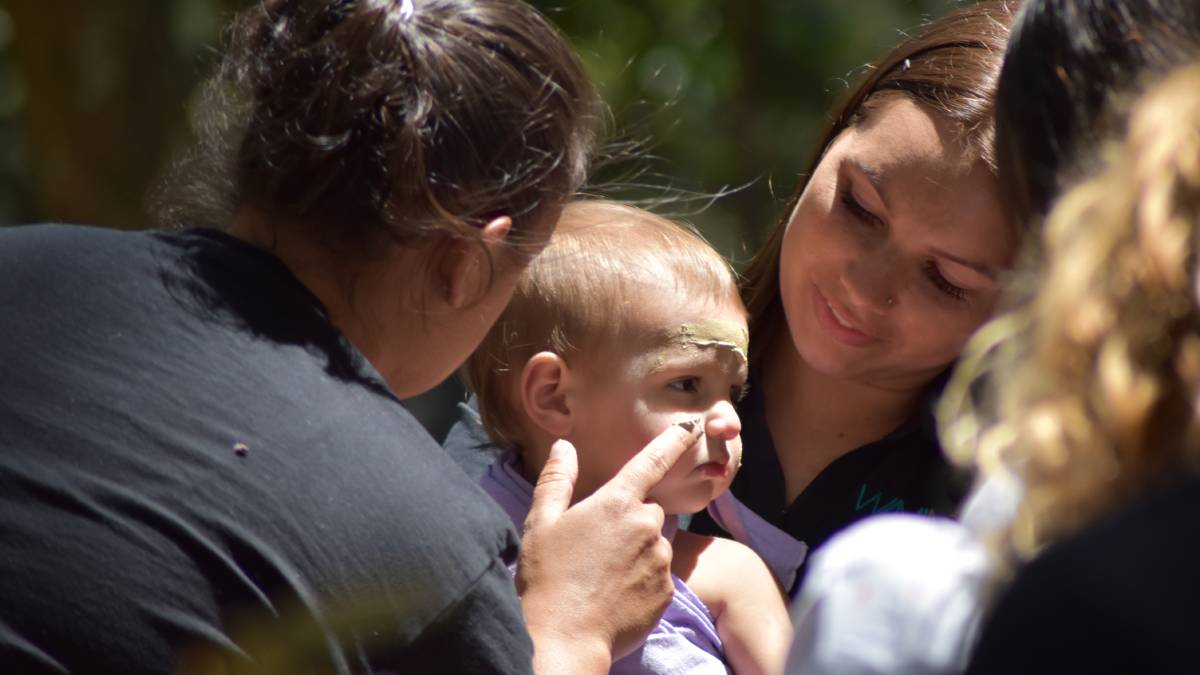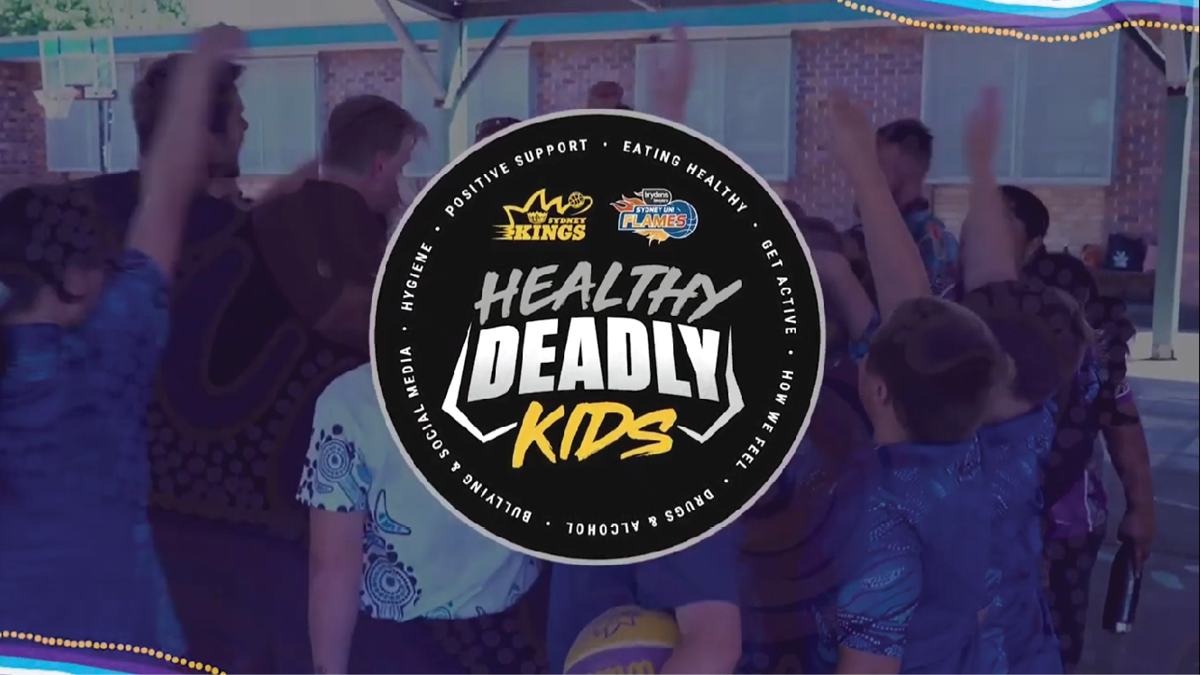For the past three years, Waminda South Coast Women’s Health and Welfare Aboriginal Corporation has been lobbying for funding to build a Birthing and Community Centre which will allow a culturally safe space for Aboriginal women to birth on country.
Birthing on Country enables women to have access to a midwifery continuity of care model which gives women access to a known provider for their maternity services – reducing preterm births, ensuring cultural safety, increasing birth weights and reducing interventions. A Birthing and Community Centre attached to Waminda would provide Aboriginal women a regionally based, culturally safe, high-quality maternal health service. Currently, Waminda provides antenatal and postnatal care to women birthing Aboriginal babies in the Illawarra Shoalhaven area. This service enables women to have a choice in where they give birth and increases engagement with all forms of maternal care. Without a birthing facility, Waminda is unable to provide the whole spectrum of care and women are forced to give birth in unsafe and unknown environments.
Waminda has been operating for the past thirty-seven years on the NSW South Coast and is an Aboriginal Community Controlled Health Service which provides women and their Aboriginal families culturally safe and holistic care as well as an opportunity to belong and receive quality health and well-being support.
Waminda aims to take the Birthing on Country (BoC) concept from aspirational to actual in the next 12 months. By incorporating a ‘Birthing on Country’ program, the Birthing and Community Centre will create a landmark initiative in cultural recognition that has the potential to profoundly and positively affect maternal, infant and child health. Birthing on Country is the foundation of birthing practices for maternity services and focuses on traditional cultural customs of knowing, being and doing. Without funding, this program will not come into fruition.
Faye Worner, CEO of Waminda, stated: “We have so much interest in our birthing program. Aboriginal women are calling from all across the country, willing to relocate to be able to access our Birthing on Country program and we have to turn them away due to lack of funding.”
Despite receiving numerous letters of support including from the NSW Minister for Health, The Hon. Brad Hazzard, MP, and the Chief Executive of the Illawarra Shoalhaven Local Health District, Margot Mains, no commitment of funds has been made.
Under the National Agreement on Closing the Gap, the Government has committed to work in true partnership with the Aboriginal Community Controlled Health Organisation sector. A key focus of Closing the Gap Target 2 aims to achieve 91% of Aboriginal babies born with a healthy birthweight. Under Waminda’s current model, 50 out of 52 babies birthed in 2020 were born at a healthy birth weight with approximately 80% of women attending antenatal appointments in early pregnancy. Funding the Waminda birthing centre is the first step in achieving the healthy birthweight target and supporting healthy Aboriginal babies in NSW.
AH&MRC’s CEO, Robert Skeen, stated: “Today is a timely reminder of how long and how hard we have been working to Close the Gap and yet how far we still have to go. Government funding for the construction of the Waminda Birthing and Community Centre is the first step in achieving the healthy birthweight target and supporting healthy Aboriginal babies in NSW. We need the government to truly invest in a healthy start to life for both mothers and babies.”
For more information or any media enquiries, please email comms@ahmrc.org.au or call (02) 9212 4777.
Photo Credit: Ruth Armstrong, Croakey
